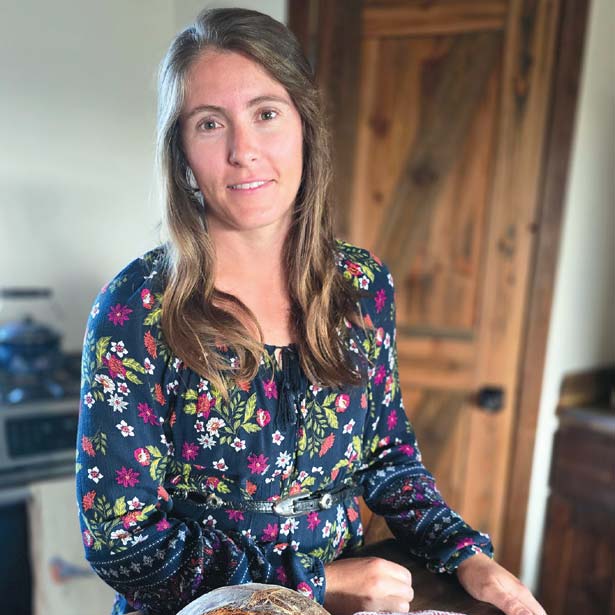
As residents of Earth, it’s past time for us to get serious about climate change. We seem to always be in search of an easy fix or a single silver bullet, but this complicated problem needs thoughtful solutions. Of particular concern is the “plant-based” diet craze and the traction this term gets without an agreed-upon meaning. If “plant-based” means eating plants in their natural form— raw or cooked—then I’m in. If it means processing those plants until they’re unrecognizable, then I’m out.
Some common reactions to climate change from important influencers are shortsighted and potentially dangerous. Three recent examples: 1) Epicurious has ceased creating any new beef recipes; 2) Ezra Klein of the New York Times recently penned an op-ed promoting plant-based meat substitutes; and 3) Eleven Madison Park, a top restaurant in New York, has gone vegan. Meat, specifically beef, has become the enemy and it’s easy for people to tout plant-based “meat” substitutes without thinking through what that actually means.
In my view, Epicurious, the problem isn’t having a home cook pick out a sustainably raised piece of beef and make a recipe found on one of your sites. The problem is mass-produced beef grown in feedlots, which is sold so cheaply there’s no possibility of reducing the carbon released by this processing. Worse, at that price there’s no way the animals or people involved can be treated humanely.
I say to Mr. Klein, abandoning animal protein for plant-based meat substitutes exacerbates what we know about processed foods: They aren’t good for humans. I invite you to come visit a ranch here in Montana using regenerative agriculture practices (there are many to choose from; we’ll give you a tour!) so you can see first-hand how animals can be part of the ecosystem that sequesters carbon.
The movement toward processed and packaged foods shifts the power from traditional farms and local markets toward biotech companies and multinational corporations.
To Eleven Madison Park’s Chef Daniel Humm, I’m sure the tiny percentage of the world’s population that will eat at your restaurant will have a lovely meal, but abandoning animal products doesn’t make our food systems sustainable. Why not partner with local farms and ranches and reduce your carbon footprint to a smidgeon of what it has been since you opened?
Instead of eating “plant-based” imitations of meat, what if we just eat plants, in their most natural form? And while we’re at it, what if we do the same with the animals we raise for food? Let’s eat local food and know where it comes from. Eating this way does indeed cost more, but if we start by eating less of the things that create carbon—read processed foods—while we figure out better methods of sequestering, that’s a far better reaction.
And don’t forget: The movement toward processed and packaged foods shifts the power from traditional farms and local markets toward biotech companies and multinational corporations. No, thank you. I prefer to know where my food comes from. Not everyone can do this every single day, but if we all make an effort, that’s a move in the right direction.
Our planet requires working in harmony. The topic of climate change is complicated, but what’s easy to understand is the value in supporting our local ranchers and growers, as well as the ecosystem around them. Support local food!
Jackie Page
Publisher




